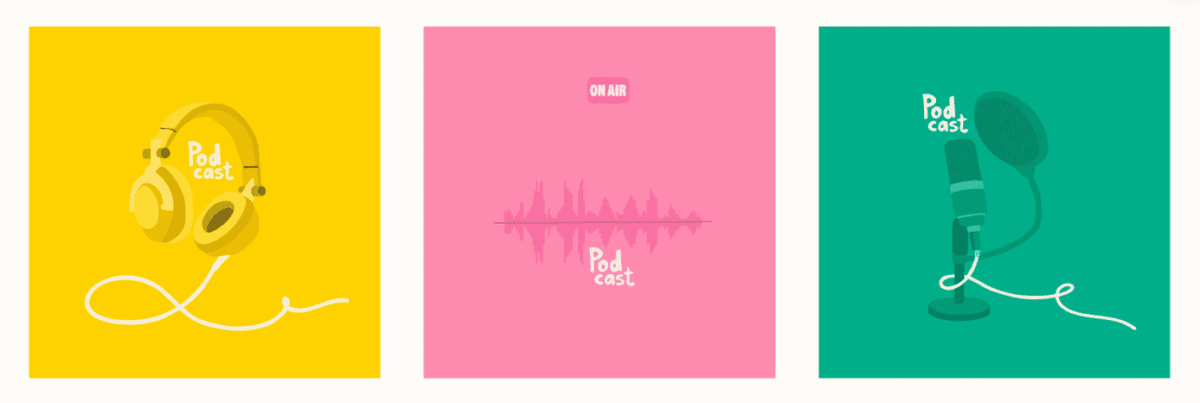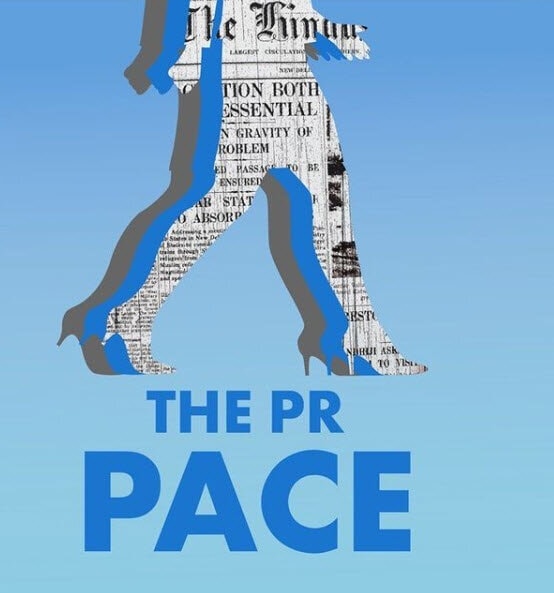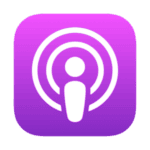
PR professionals are always looking for new and effective ways to reach their target audience. One tool that has gained popularity in recent years is the use of podcasts as a marketing tool.
But are PR podcasts really effective? Let’s dive in.
Pros
A company podcast allows a PR firm to establish itself as a thought leader in its industry. By discussing relevant topics and sharing insights, a podcast can help to position the firm as an authority in the field of PR.
A podcast offers a unique opportunity to engage with an audience in a more personal and intimate way. Listeners can get to know the hosts and guests of the podcast, which can help to build relationships and trust.
A company podcast can help to increase brand awareness by reaching a wider audience. By promoting the podcast through social media and other channels, the firm can attract new clients and build its reputation.
A podcast can help a PR firm to build relationships with existing clients and partners. By inviting clients or partners to participate in the podcast, the firm can strengthen these relationships and demonstrate its commitment to working collaboratively.
A podcast can also help to generate leads for the firm. By showcasing its expertise and sharing valuable insights, the firm can attract potential clients who are interested in learning more about its services.
Cons
Producing a podcast can be time-consuming and requires resources such as equipment, editing software, and personnel. The costs associated with producing a podcast can be significant, and firms should consider whether they have the time and resources to commit to producing regular episodes.
Producing a podcast requires a regular schedule of content creation and publishing. Further, creating a podcast requires a level of quality control to ensure that the content is engaging and relevant to the target audience. Firms need to be aware of the potential risks associated with poor quality content, such as a negative impact on the firm’s reputation. If a public relations firm is not able to consistently produce new episodes, it may lose its audience and fail to achieve the benefits of a podcast.
While podcasts can reach a wider audience than other forms of content, there are still limitations to the reach of a podcast. Firms need to be aware that their podcast may only reach a small segment of their target audience.
The popularity of podcasts has led to an increase in the number of podcasts available, making it more difficult for a firm to stand out from the competition. Firms need to be aware of the competitive landscape and ensure that their podcast offers unique and valuable content.
Overall, there are pros and cons to using a podcast as a marketing tool for PR professionals. While podcasts can be an effective way to reach a wider audience, firms need to carefully consider the resources and potential risks involved in producing one. The costs associated with producing a podcast can be significant, and firms need to be able to commit the necessary time and resources to produce regular episodes.
For most publicists, the opportunity to share insights, build relationships, and generate leads are enough positive benefits to include podcasting in their integrated marketing strategy.
Don’t Miss Each Episode of the PR Pace!

If you’re looking for a podcast to help you stay up-to-date on the latest PR trends, don’t miss each episode of the PR Pace, the official podcast of Pace Public Relations. Each week, our host Annie Scranton – Founder of Pace PR – covers a range of topics related to PR and marketing, including industry news, interviews with experts, and tips and advice for fellow PR professionals.
What kind of content should a public relations podcast include?
When creating a PR podcast, it’s important to keep in mind what your audience wants to hear. You should aim to provide content that is relevant, informative, and engaging.
Some topics that can be discussed in podcast episodes include:
- Industry news and trends: Share the latest news and developments in your industry. This can help establish your brand as an authority in your field.
- Interviews with industry experts: Invite experts in your field, and other fields, to discuss their insights and experiences. This can help provide valuable insights to your listeners and also give your brand credibility. A popular tactic is inviting current or past clients as a guest to discuss insights in their field, as well as their experiences working with your firm.
- Case studies and success stories: Share success stories of your brand or others in your industry. This can help inspire and motivate your listeners.
- Tips and advice: Provide practical advice and tips that can help your listeners. This can help establish your brand as a helpful and knowledgeable resource.
- Q&A sessions: Invite your listeners to submit questions and answer them in your podcast. This can help foster engagement and build a community around your brand.
In addition to these topics, it’s also important to ensure that your podcast is well-produced and engaging. This means investing in quality equipment and editing software, as well as having a clear and concise format. It’s also important to have a strong host who can lead the discussion and keep the conversation flowing.
In Summary
So, are PR podcasts an effective marketing tool? The answer is yes, but with some caveats. Like any marketing tool, the success of a PR podcast depends on how well it is executed. By providing relevant and engaging content, podcasts can help to build trust and rapport with your audience, establish your brand as an authority in your field, and foster engagement and community around your brand.
If done correctly, a podcast can be a powerful way to engage with your audience and build your brand.



